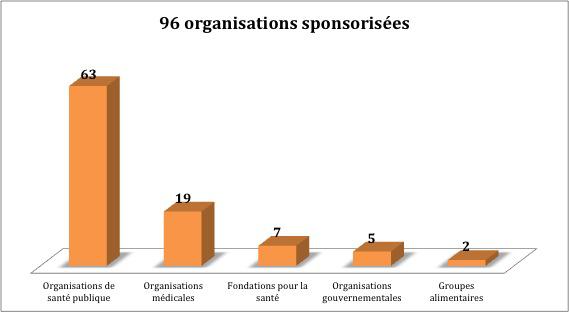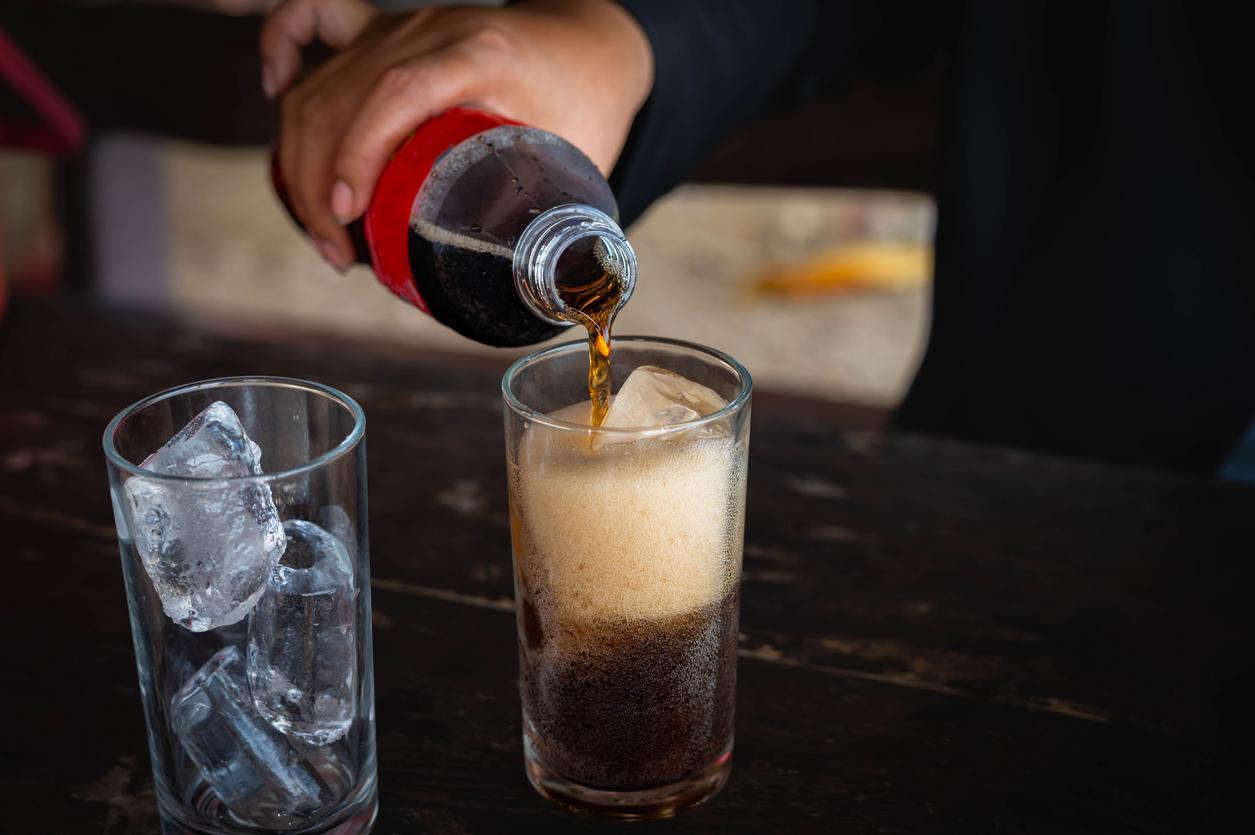Through well-placed investments, Coca-Cola and PepsiCo have slowed down the fight against soda. Industry giants have funded public health organizations.

Sponsorship can be a very lucrative business. It is not the soda giants, PepsiCo and the Coca-Cola Company, who will say otherwise. Between them, these groups have succeeded in blocking several laws aimed at improving the nutrition of Americans. And thus to maintain the high level of soda consumption in the United States. The fruit of intense lobbying but also of a more pernicious strategy. These soda producers have funded the activities of 96 national health organizations, including some official institutes. This is what reveals a study of the University of Boston (United States), published in theAmerican Journal of Preventive Medicine.
Finance to silence
Coca-Cola and PepsiCo have a long arm: between 2011 and 2016, various organizations accepted funding from these companies. Two of them are aimed at the fight against diabetes. “Surprising, given the link established between diabetes and the consumption of soda,” say the authors. The strategy is not unique: In France also, the French Federation of Diabetics (AFD) receives money from the cola giant. The NGO Foodwatch recently asked Coca-Cola to publish the donations made in Europe: it turns out that the industrialist has co-financed a lot of research.
The taste for paradox does not stop there. The National Institutes of Health (NIH), Centers for Disease Control and Prevention (CDC) and various nutrition associations are also under contract. Coca is clearly leading the way in this sector: 83 institutions have accepted its exclusive payments against 1 for PepsiCo.

At first glance, nothing harmful emerges from these partnerships. By digging a little, the authors of this study nevertheless noted a systematic action. Coca-Cola and PepsiCo use these contracts to promote their products. Worse: “Soda producers can neutralize potential legislative opposition by citing reciprocity and financial dependence on national health organizations,” explains medical student Daniel Aaron.
A deleterious “philanthropy”
Instead of campaigning for public health measures, the institutes find themselves silenced or associated, against their will, in lobbying that undermines public health. This is the case of the NGO Save The Children, very active in favor of taxes against sodas. In 2010, a year after accepting $ 5 million (4.5 million euros) from Coca-Cola and PepsiCo, its executives opted for silence on the subject.
It didn’t take a massive investment to get results. Each year, the two groups inject $ 9 million. The result is convincing: 28 pieces of legislation aimed at reducing the consumption of soda or improving nutrition were rejected. The previous examples provided by the activity of tobacco and alcohol producers clearly show how harmful this sponsorship is for public health. “Corporate philanthropy is a marketing tool that can be used to silence organizations that advocate for public health measures against these industries,” summarize the authors.
In fact, sugary drinks are responsible for 20% of the weight gain observed in the United States between 1977 and 2007. Some organizations are well aware of this: the Academy of Nutrition and Dietetics and the American Academy of Pediatrics have put end of their contracts at the end of 2015. There is still a long way to go before obtaining a result on the population. In 2009, an American consumed an average of 174 liters of soda per year.
.

















